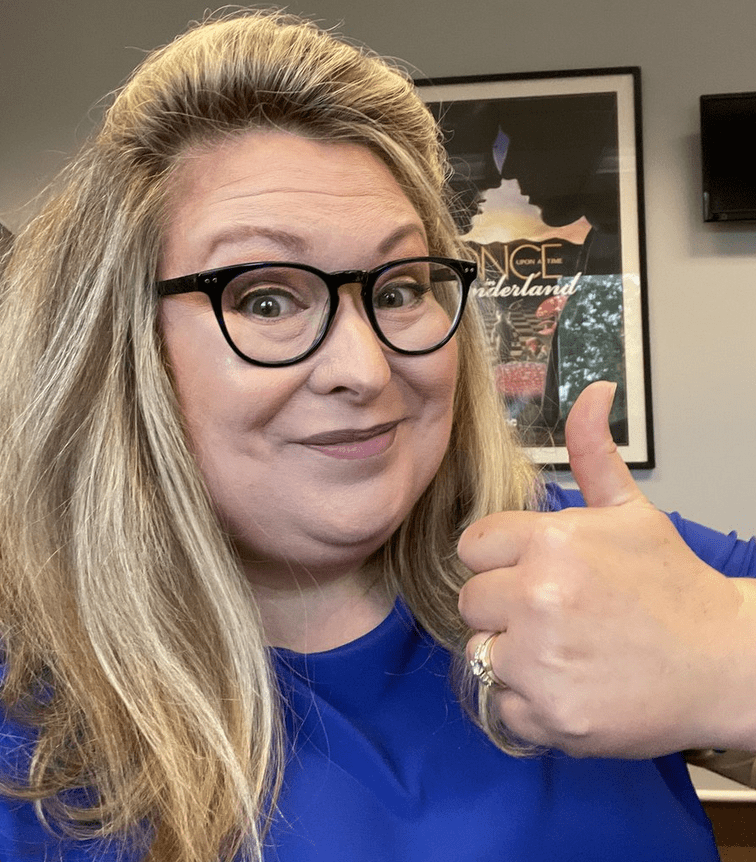Understanding the Situation
The recent events involving Kelly Bates and NBC 10 have sparked significant public discourse, highlighting the tensions that can arise between media figures and their audiences. Kelly Bates, a well-respected figure in her community, has found herself at the center of a whirlwind of emotions following certain incidents that have led to widespread public outcry. Fans of Bates have expressed their anger and frustration following what they perceive as unfair treatment by NBC 10, the television network where Bates has been employed.
This discontent stems from a series of controversies that have emerged, primarily centered around coverage decisions and editorial choices made by the network. Some supporters argue that the network has not properly represented Bates or has engaged in practices that undermine her professional integrity. Such perceptions have fueled a narrative that paints the network in a negative light, causing her supporters to feel compelled to react vehemently against the institution they believe has wronged her.
Adding to the complexity of the situation is the role of social media in amplifying these sentiments. Platforms like Twitter and Facebook allow for rapid dissemination of opinions and emotions, often leading to an escalation of anger and outrage. In this environment, it is all too common for supporters to misplace their frustration not only towards the network but also towards individuals working within it. This has led Bates to make a public plea for her supporters to exercise restraint and to not channel their anger toward NBC 10, emphasizing that such actions are counterproductive and do not solve the underlying issues at hand.
Through this public acknowledgment of the situation, Bates seeks to redirect the conversation towards a more constructive discourse, advocating for dialogue rather than hostility. Her intention is to foster a better understanding among her supporters, urging them to consider the complexities of the ongoing situation rather than succumbing to a desire for retaliation.
Kelly Bates’ Statement
In her recent statement, Kelly Bates reached out to her supporters amidst a wave of discontent surrounding her portrayal on NBC 10. Bates emphasized the critical importance of not directing anger towards the news outlet, urging her followers to maintain a respectful dialogue despite differing opinions. She acknowledged the frustration that some may feel, yet strongly advocated for focusing on the issues at hand rather than assigning blame to specific entities, such as NBC 10. This approach underscores her desire to foster understanding rather than discord within her community.
Key phrases in her message highlighted the value of constructive conversation over emotional outbursts. Bates articulated that while emotions can run high during discussions of contentious topics, it is essential to channel those feelings into positive actions. By asking her supporters to refrain from targeting NBC 10, she demonstrated a commitment to rational discourse, urging individuals to address their grievances through appropriate channels rather than retaliatory measures.
The motivation behind Bates’ request stems from her belief that no single media outlet is wholly responsible for public perceptions and narratives. She stressed that critics should engage with the content rather than the creators behind it, as this allows for a more enlightened and healthy debate. Furthermore, she believes that attacking a news organization does little to resolve underlying issues; rather, it may detract from the critical discussions that need to be had in order to foster real change.
Ultimately, Kelly Bates’ message serves as a reminder of the responsibility that comes with speaking out. She advocates for focusing on constructive dialogue, urging her supporters to reflect on their values and maintain the integrity of their discussions as they navigate the complexities of modern media landscapes.

The Role of Media in Public Perception
Media outlets such as NBC 10 play a crucial role in shaping public perception and opinion. They serve as the primary source of information for many individuals, influencing how events, people, and issues are viewed in society. The way a story is framed can significantly affect how audiences interpret its relevance and context. For instance, a report that highlights certain aspects of a situation while downplaying others can create a skewed understanding among viewers. Such media framing can lead to polarized opinions, potentially resulting in misplaced anger directed at organizations or individuals who are not responsible for the core issues being reported.
The responsibility of media organizations extends beyond mere reporting; they must strive for accuracy, fairness, and balance in their reporting. This is particularly important during contentious events, where a narrative can easily spiral out of control if not managed with care. Public figures, such as Kelly Bates, often recognize the impact that media narratives can have on public sentiment. Bates’ appeal to her supporters not to direct their anger at NBC 10 underscores the precarious nature of media influence. By asserting that their frustration should not be taken out on the media, she highlights the potential consequences of misattributing accountability. Viewers may mistakenly conflate media representation with the actions or intentions of those being reported upon.
This situation reveals a broader implication of the interaction between media and the public. Media organizations must be diligent in their reporting standards and seek to mitigate misunderstandings that arise from their portrayals. Meanwhile, public figures hold a responsibility to educate their followers about the complexities of narratives presented in the media. By fostering a more informed audience, both media and public figures can enhance dialogue and reduce the anger that often arises from miscommunication. Ultimately, a more aware society can translate to a more constructive engagement with the information it consumes.
Community Reactions and Support
In the wake of Kelly Bates‘ heartfelt request for her supporters to refrain from expressing their anger towards NBC 10, a myriad of reactions surfaced within the community. Her plea resonated with many as it addressed the complexities inherent in navigating public controversies. Supporters took to social media platforms, voicing their sentiments, showcasing both solidarity with Bates and an understanding of the broader implications of her message.
Many followers emphasized the importance of unity during such tumultuous times, advocating for constructive dialogue over aggression. Comments reflecting an understanding of the pressure that public figures endure often included empathy for Bates, highlighting the need to separate her personal brand from the actions of the news organization. This sentiment mirrors a general trend among fans and community members who wish to foster an environment of support rather than backlash. Community activists also weighed in, linking Bates’ situation to larger themes of accountability and responsibility within media organizations.
In addition to support from her follower base, various media commentators reflected on the episode, providing insights into how public figures manage relationships with their fanbases amidst conflict. Their discussions underscored the need for empathy and thoughtful engagement from both sides. It was noted that such exchanges could forge a stronger connection between public personalities and their supporters, enabling a more nuanced conversation about accountability in journalism.
Moreover, the situation has sparked initiatives aimed at encouraging respectful discourse online. Some community groups have initiated campaigns that promote awareness around the impact of words and actions, hoping to remind individuals of the potential consequences that arise from hostile expressions. Efforts like these emphasize the idea that positive engagement can flourish even in the face of controversy, creating a path for healing and understanding within the community.
